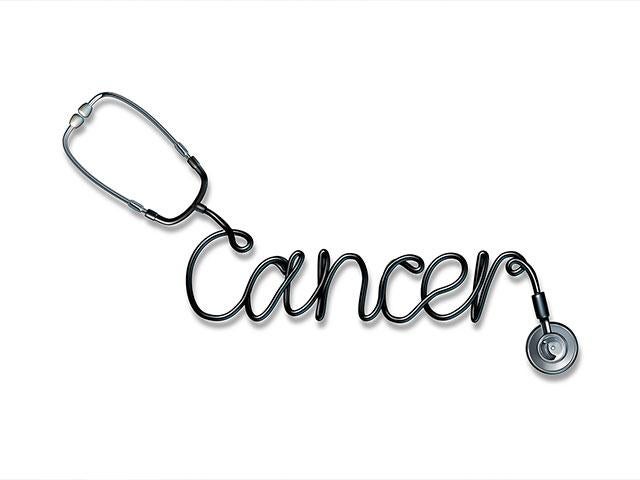Fellas, it's up to you whether to get a PSA test. Interesting new guidelines were issued this week regarding whether men between the ages of 55 and 70 should get the prostate cancer screening. Decades ago it was a definitive "yes," to the point where one doctor called it a "screening frenzy." Years later, the pendulum swung in the other direction and men were told not to get the test. Now men are being told to decide for themselves, with their doctor's input.
The problem is the test itself. It's very unreliable. Sometimes the test indicates you don't have cancer when you actually do. Other times it suggests you have cancer when you don't. On top of that, prostate cancer is very slow growing. Sometimes is doesn't grow at all, so in many cases, it's fine to just leave it alone. Experts agree a more accurate screening needs to be developed.
However, until that happens, the best medical science has to offer is the PSA, which stands for Prostate-Specific Antigen. It's a blood test that detects a protein produced by the prostate gland that is linked to prostate cancer. However, sometimes when a person has prostate cancer his PSA is not elevated. On the flip side, sometimes when the PSA is elevated, it's not caused by cancer, but by something else such as an infection or a harmless (benign) growth in the prostate gland.
Cancer is a scary word. Often, when a person is told they have cancer they panic and want the cancer removed, along with tissue surrounding it. However, in the case of prostate cancer, living with it might be better than having it removed.
That's because treatment for prostate cancer can be downright miserable. Surgery and/or radiation often lead to impotence and incontinence. It's sad to realize some men endure those terrible side effects unnecessarily, because their cancer may have been the result of a false positive PSA test, their tumor was benign, or if malignant, would never have grown to where it endangered the life of the patient.
Therefore, since there is so much uncertainty, the US Preventive Services Task Force, an independent panel of medical experts, recommends men consider all the variables and discuss their own personal situation with their doctor and make a joint, informed decision.
"The balance has shifted," Dr. Kirsten Bibbins-Domingo, chairwoman of the task force told CNN, "and now we can recommend that men have a conversation with their doctors about screening."
According to the National Cancer Institute, 13% of American men will be diagnosed with prostate cancer sometime in their lives. That's about 180,000 men a year. But far fewer die from it: 26,000 did last year. Prostate cancer accounts for only 4% of all cancer deaths in the U.S.










